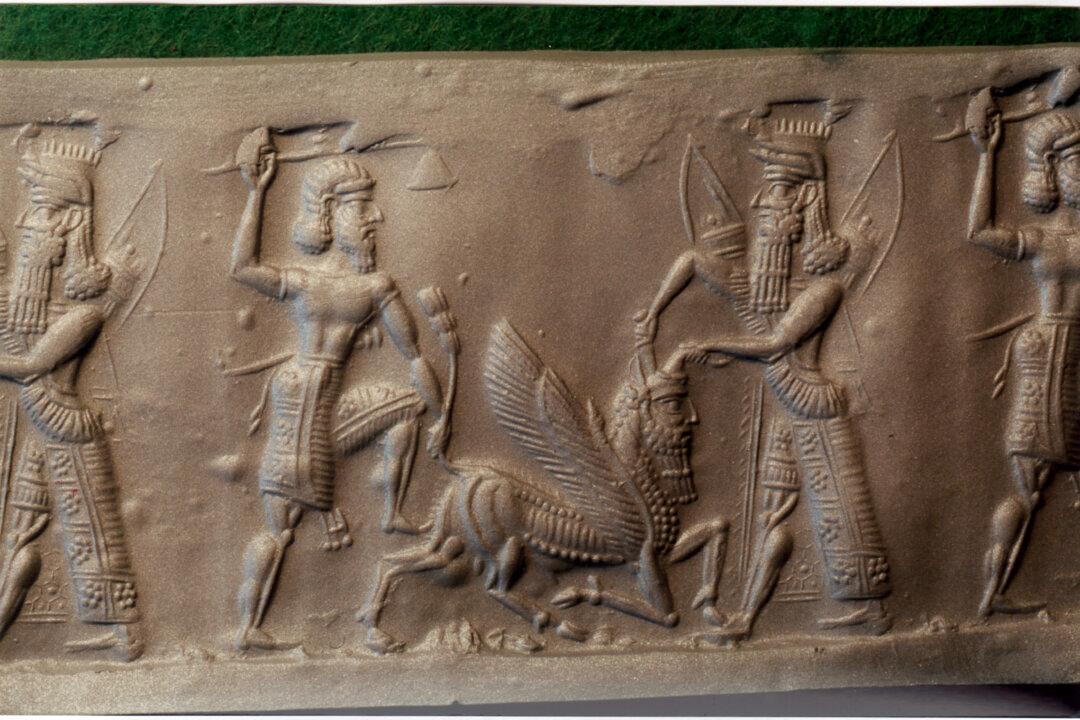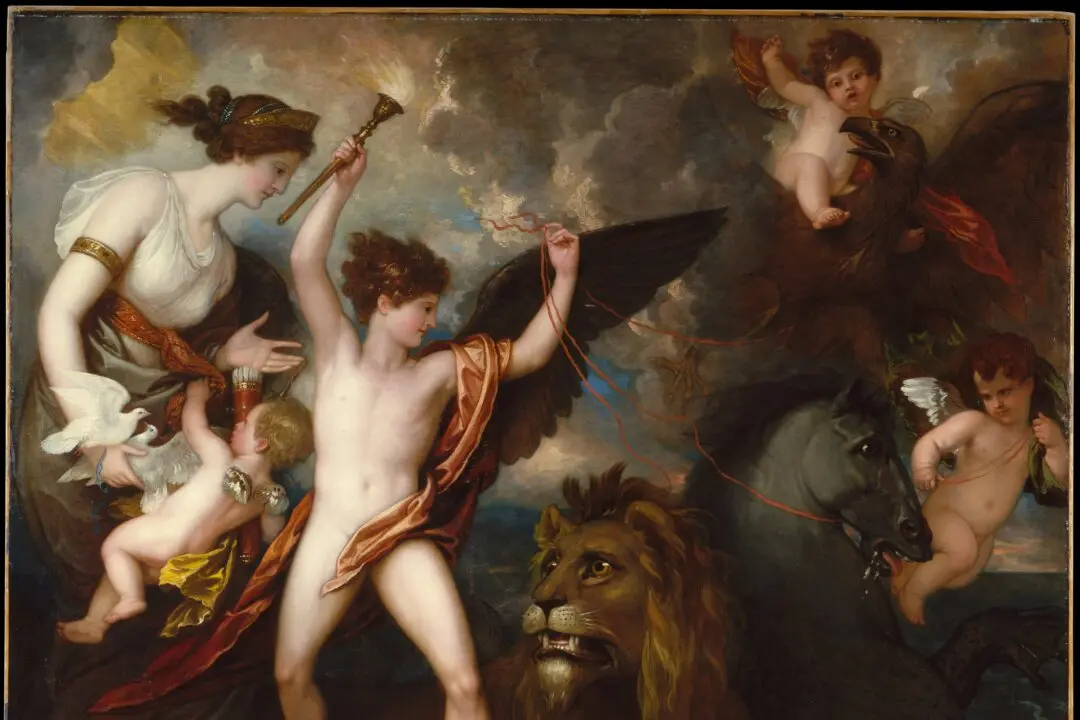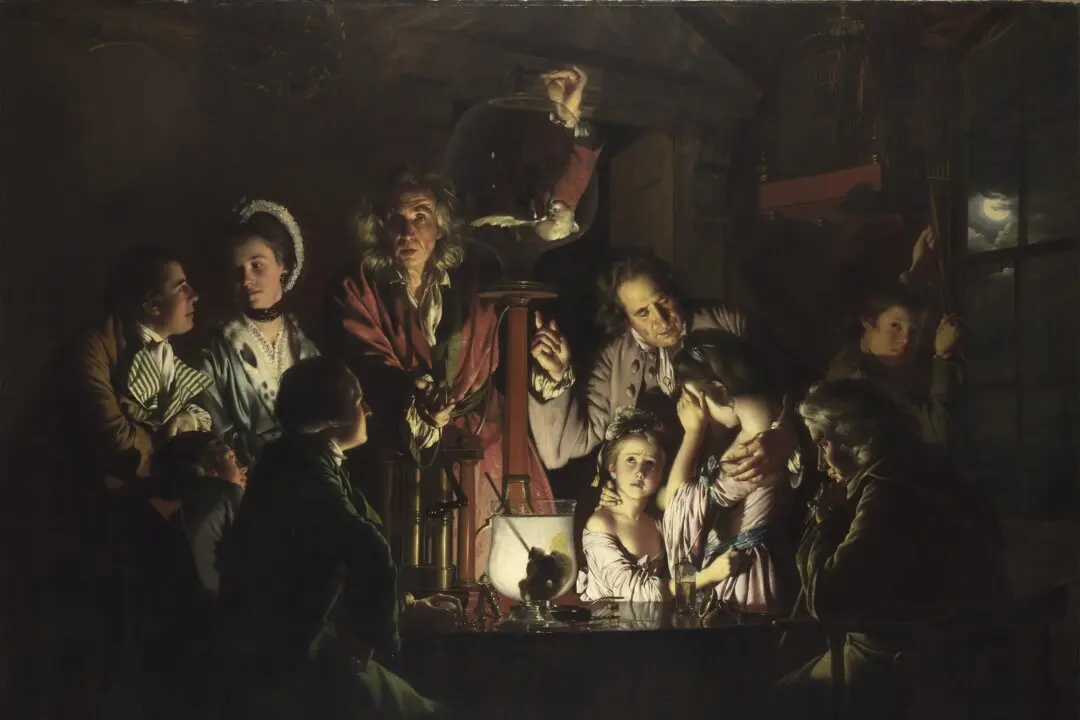“The Epic of Gilgamesh” has been in Andrew George’s life since he was 15 years old; it’s a poem he’s grown up with and grown older with. “It’s one of those texts that changes as you go back to it. It is so profound and full of meaning that the more life experience you bring to it, the more it has to give,” said George, professor of Babylonian at the University of London’s School of Oriental and African Studies (SOAS).

Andrew George, professor of Babylonian at the School of Oriental and African Studies, University of London. Courtesy of Andrew George






